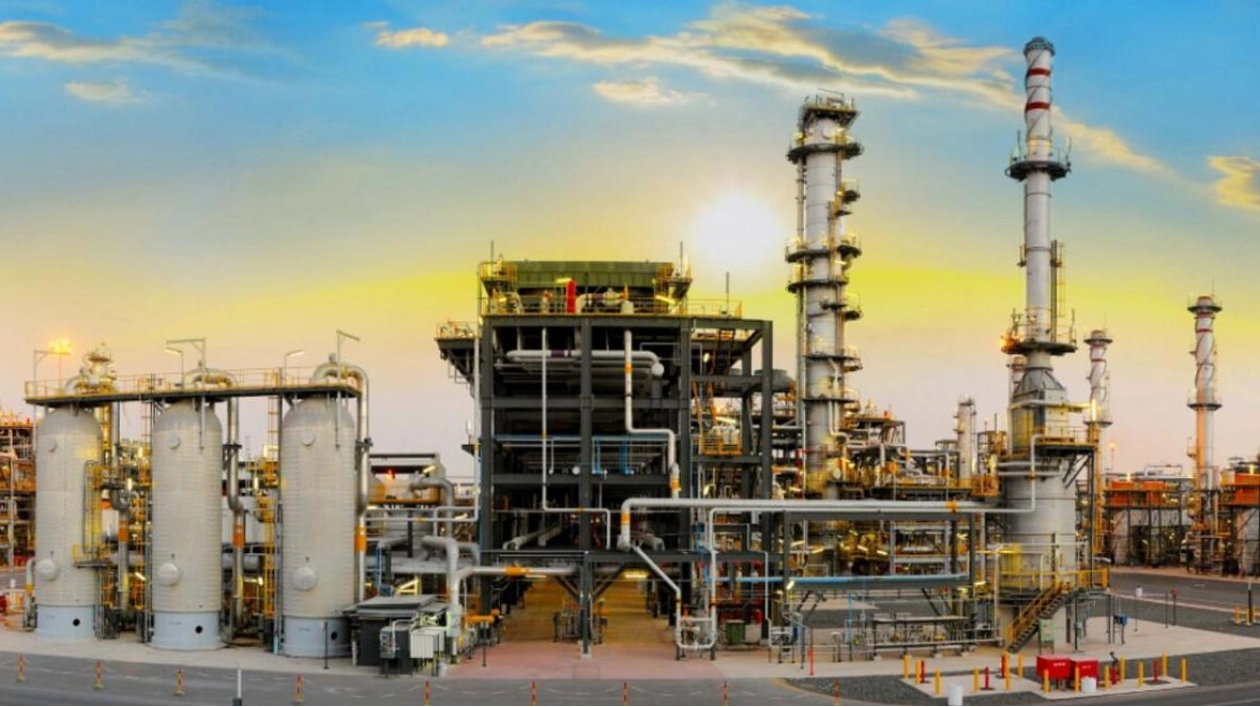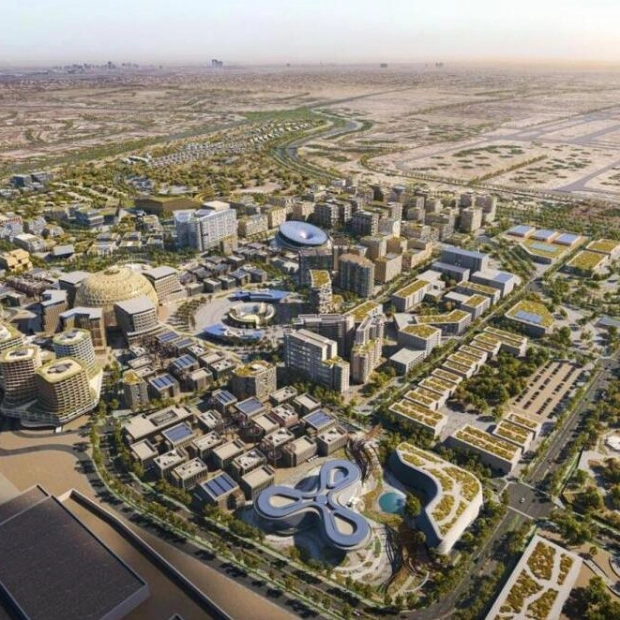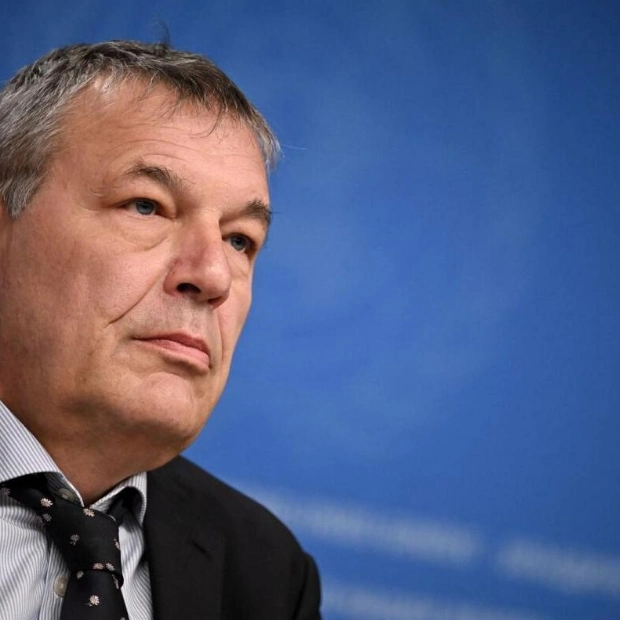Fiscal and external surpluses of the UAE are expected to remain strong on the back of relatively strong oil prices, as per the International Monetary Fund (IMF).
The IMF forecasted that the growth of oil GDP is anticipated to rise this year, driven by higher crude oil production due to the UAE’s OPEC+ quota increase. The impact of geopolitical tensions has been contained, and the authorities responded swiftly to the recent flooding episode.
The general government surplus is expected to reach about 5.0 per cent of GDP in 2024, while public debt is on a declining trajectory towards 30 per cent of GDP, benefiting from active debt management strategies. These remarks were made by an IMF staff team led by Ali Al Eyd following discussions with the UAE authorities for the 2024 Article IV Consultation.
Capital spending is projected to meet ongoing infrastructure needs, and the implementation of the corporate income tax will bolster non-hydrocarbon revenue once fully enacted in the upcoming years. The forecasted current account surplus for 2024 is around 9.0 per cent of GDP, with an overall real GDP growth of 4.0 per cent and average inflation nearing 2.0 per cent.
However, the IMF team acknowledged that the outlook is uncertain and subject to external risks such as geopolitical tensions, global growth and financial conditions, and commodity price volatility. They also noted that the UAE's economic growth is broad-based, led notably by robust activity in the tourism, construction, manufacturing, and financial services sectors.
Additionally, the IMF officials observed that foreign demand for real estate, increased bilateral and multilateral ties, along with the UAE’s haven status, continue to drive rapid growth in housing prices and increased rents, adding to ample domestic liquidity.
The IMF team expressed confidence in the resilience of banks, highlighting their substantial capital and liquidity buffers and improved general asset quality. They also mentioned that credit growth remains strong despite higher domestic interest rates, and the Central Bank of the UAE aims to restore the reserve requirements to the historical level of 14 per cent for demand deposits.
The IMF welcomed the UAE's efforts to digitalize the financial system and payment landscape, emphasizing the need for a risk-conscious approach. Furthermore, they encouraged continued progress under the National AML/CFT Strategy and Action plan, promoting fiscal prudence, and further fiscal structural reforms to ensure medium-term sustainability.
They called for coordinated efforts to advance CEPAs, attract FDI and talent, and fully implement the AI, Digital Economy, and Green strategies, complemented by measures to enhance access to finance, close the gender gap, and modernize social safety nets. They also stressed the importance of progressing on enhancing data standards and transparency for improved economic assessment and reform implementation.






